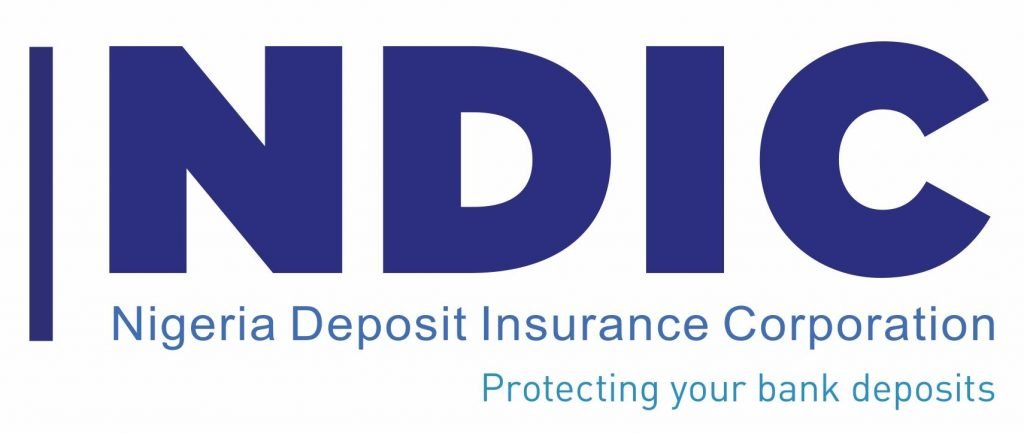The Nigerian Deposit Insurance Corporation (NDIC) plays a crucial role in maintaining the stability of the Nigerian financial system by insuring deposits and managing the liquidation of failed banks. However, the NDIC has increasingly faced challenges posed by litigation from former employees of failed banks, particularly regarding unpaid salaries, severance packages, and other benefits. These lawsuits, often brought before the National Industrial Court, impede the NDIC’s ability to efficiently execute its mandate of liquidating failed banks and distributing recovered assets according to the established legal framework. The NDIC’s concerns stem from the fact that judgments awarded to former bank employees can sometimes be enforced against the Corporation’s assets, potentially depleting funds that should be prioritized for insured depositors and other creditors.
The core of the issue lies in the conflict between employee claims and the statutory priority of claims established by the NDIC Act, 2023. This Act outlines a specific order of preference for disbursing recovered assets during bank liquidation. Depositors are typically placed at the top of this hierarchy, followed by other creditors, with employee claims often falling lower on the list. The NDIC argues that judgments awarded in favor of former bank employees, particularly those that allow for the seizure of NDIC assets, disrupt this established order and can compromise the Corporation’s ability to fully compensate insured depositors. This situation not only undermines the core principle of deposit insurance but also creates complexities in the liquidation process, potentially prolonging the resolution of failed bank cases and delaying the return of funds to depositors.
To address this challenge, the NDIC has actively engaged with the judiciary, organizing sensitization seminars and workshops to educate judges on the intricacies of the NDIC Act and the importance of adhering to the prescribed priority of claims. These initiatives aim to foster a better understanding among judicial officers of the implications of their rulings on the overall stability of the financial system. The NDIC emphasizes that while employee claims are undoubtedly important, they must be considered within the context of the broader legal framework governing bank liquidations and the paramount need to protect depositors. By working closely with the judiciary, the NDIC hopes to achieve a more balanced approach to these cases, ensuring that the rights of all stakeholders are considered while upholding the integrity of the deposit insurance system.
The NDIC also acknowledges the evolving landscape of the financial sector, marked by technological advancements and the emergence of new financial instruments. This dynamic environment necessitates a judiciary that is well-versed in the complexities of modern finance and equipped to handle cases arising from these innovations. The Corporation, in its continuous effort to improve public awareness and enhance collaboration with key stakeholders, emphasizes the need for the judiciary to remain adaptable and forward-thinking in its approach to adjudicating financial matters. This adaptability is crucial not only for resolving existing challenges but also for anticipating and addressing potential legal and regulatory issues that may arise in the future.
The increasing complexity of financial transactions and the rapid pace of technological change underscore the importance of ongoing dialogue and collaboration between the NDIC, the judiciary, and other relevant stakeholders. Regular engagement and knowledge-sharing are essential to ensure that the legal framework surrounding bank liquidations remains robust and effective in protecting the interests of all parties involved. The NDIC believes that by working together, these institutions can strengthen the financial system and maintain public confidence in the deposit insurance framework.
In conclusion, the NDIC recognizes the delicate balance between addressing the legitimate claims of former bank employees and fulfilling its primary mandate of protecting depositors and maintaining financial stability. Through ongoing dialogue and collaboration with the judiciary, the NDIC aims to strike a balance that respects employee rights while upholding the statutory priority of claims and ensuring the efficient resolution of failed bank cases. This cooperative approach, combined with a judiciary that is well-informed about the intricacies of financial law and the evolving dynamics of the financial sector, is crucial for maintaining the integrity and effectiveness of the deposit insurance system in Nigeria.














